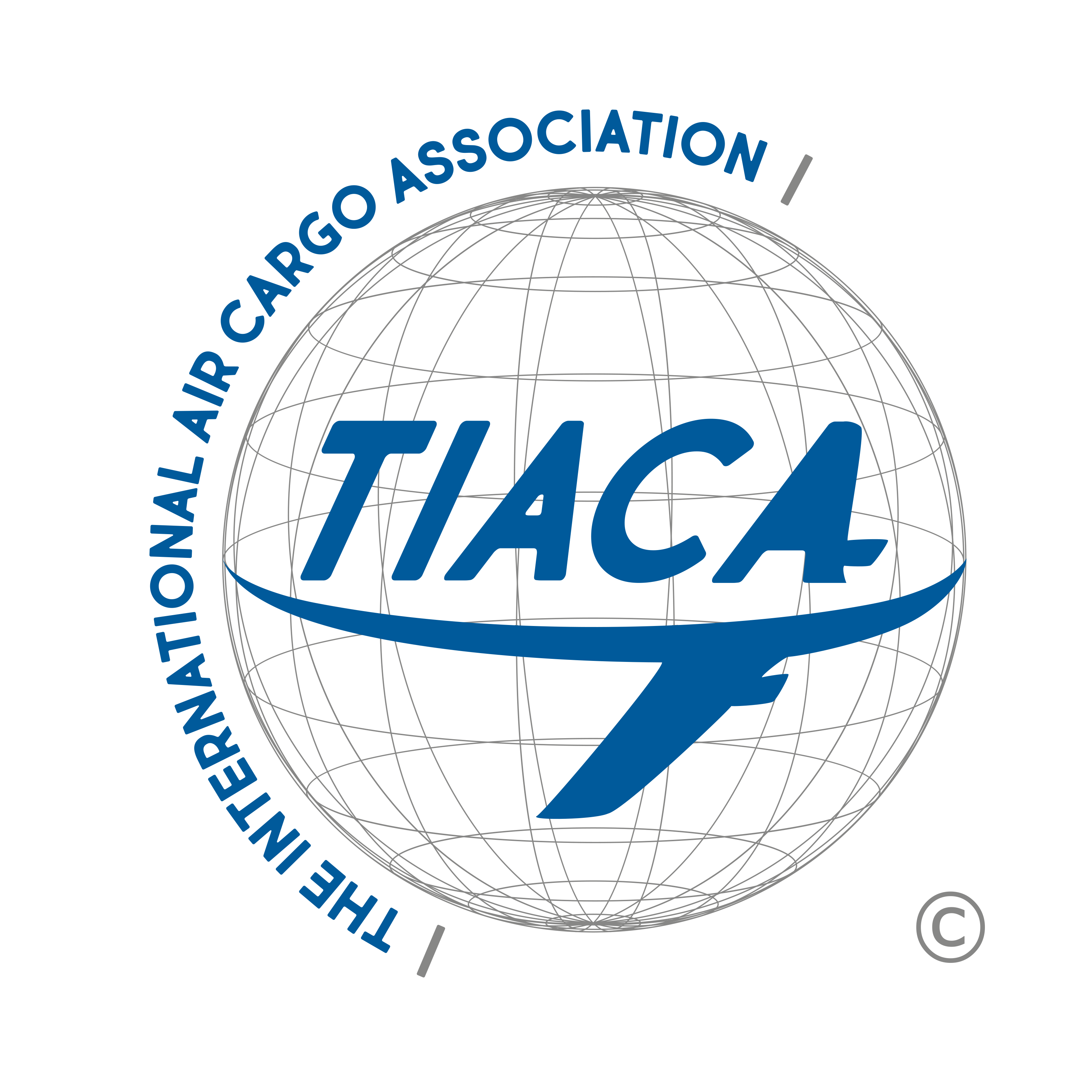Amsterdam Airport Schiphol’s Cargo Community continues during the Covid-19 outbreak

Amsterdam Airport Schiphol’s air cargo community is cooperating and collaborating to meet changing demand due to the Covid-19 pandemic.
Airlines, handlers, hauliers, freight forwarders, Customs and other supply chain partners operating at Schiphol are working more closely than ever before to keep the cargo moving and to ensure the health and safety of our staff working in the supply chain.
“We have a strong air cargo community and are proud to see how the supply chain has worked together to ensure the cargo keeps on moving, even more than usual. For example, the Customs authorities are fully cooperating to clear important shipments quickly,” said Maaike van der Windt, Head of Aviation Marketing, Cargo and Customer Experience at Amsterdam Airport Schiphol.
April figures
Since the pandemic started in mid-March, daily air traffic movements into Schiphol have declined 90 per cent to 4,242 (41,892 in April 2019) and the daily total number of passengers have fallen by 98 per cent compared to last year to 126,877 compared to 6.1 million in April 2019.
The recent Cargo numbers of the month April show an increase in Full Freight ATMs of 63 per cent resulting in 1,837 cargo flights. Cargo volumes in April of 93,255 decreased with 26 per cent compared to April last year.
There has also been an increase in the number of freight charters while passenger planes loaded with cargo are also being operated and represent about 10 per cent of the extra flights being flown.
In conclusion, Schiphol records lower cargo volume in comparison to previous year. The increase of Full Freighter flights doesn’t compensate for loss of belly cargo.
Changing cargo flows
The Covid-19 pandemic has led to a shift in cargo flows at Schiphol and some usually high-volume verticals have decreased such as the import and export of flowers.
Since the Covid-19 outbreak, there has been an increase in the movement of medical goods and aircraft have been arriving loaded with bandages, mouth masks, glasses and gloves to help with the Netherlands and Europe’s fight against the virus.
Normally these are not time-critical goods and are transported by sea freight, but shipments are being diverted to air freight as faster delivery is needed to meet strong and quick demand.
“Freight is very crucial at the moment to ensure all medical and other urgent goods can be delivered on time,” said van der Windt.
Outlook
Schiphol’s main focus is making sure that the current skeleton network is maintained, and freight demand accommodated, especially medical supplies. To ensure this, the airport is in contact with partners on a daily basis.
The outlook for the future at Schiphol is uncertain due to constantly changing developments in the Covid-19 pandemic, but cargo and passenger flows and our well-connected community and strong spirit will remain vital throughout the crisis and Schiphol is ready to accommodate increased demand when needed.
